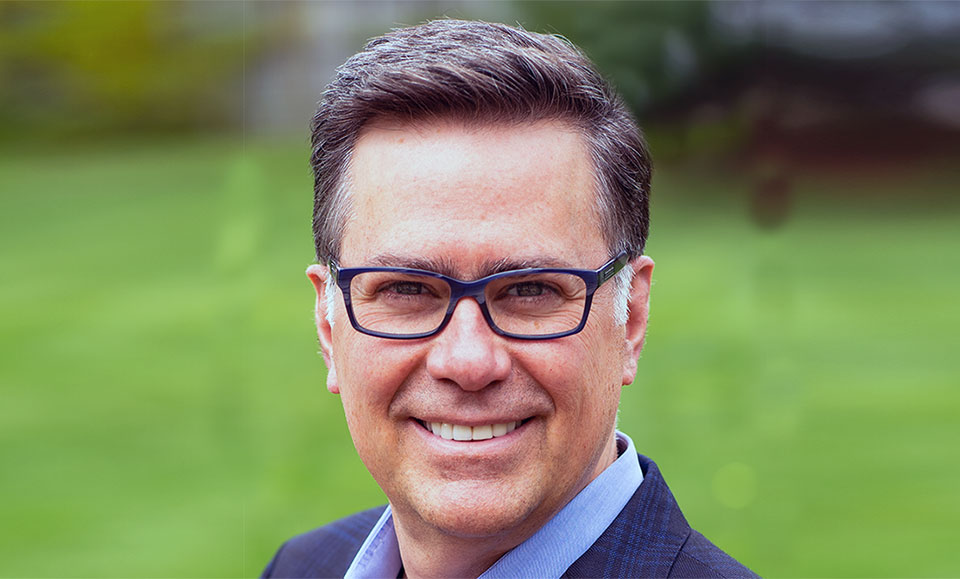How to lead product development with sustainability in mind

Leverage, disruptor, innovation, synergy, holistic, KPIs, ROIs—the list of business buzzwords goes on and on, but the one that should be at the forefront of every successful business plan is sustainability. Businesses that have been around for decades know one thing for sure—when the landscape evolves, you must evolve, too, which is why sustainability is so important. As millennials become the largest consumer class, what’s important to them must be important to us as innovators, developers, and producers.
In previous years, over-consumption was king—it was more, more, more! But there is only so much to go around, especially when considering resources, we now live in a climate that is turning more towards minimalism and recycling. Sustainability in business means many things from eco-friendly products to business models, and my career has taught me several things but none so clear as to how closely intertwined these two are. A focus on ecologically sustainable products is the only way to ensure an enduring legacy as a business.
Sustainability as a foundation
Built from the ground up, an organization has to have a strong foundation—from their mission to their product. Because your motto sets the tone for your community in day-to-day decisions, it’s important that it adequately reflects what you value. At SKYDEX, we base everything on “Protecting People and Things That Matter.” If our products or partnerships aren’t serving this purpose, we don’t pursue them.
The “people and things” that our motto encompasses means something different to everyone, but we believe that inclusivity is what sets us up for success. Every person and every natural resource matters. Our technology has applications far beyond imagination, and we truly try to apply the concept to everything we do and maximize the recyclability of materials to protect the environment we’ve been given. To address these existential environmental problems, senior leaders and companies must try to solve a problem by leveraging materials, products, engineering—whatever they have—to understand that the more recyclable content being used, the better off the world is going to be.
Sustainable performance
Products that are most successful must be reliable. Many companies have accepted that using recycled material means reducing performance, as if you can’t have performance AND recyclable materials. But that’s just not true. Because of innovations over the past 20+ years, you aren’t giving up performance by using sustainable materials.
Our technology has been engineered to perform with sustainable materials. We have material scientists, mechanical engineers, biomedical engineers, the best and the brightest—to “manipulate” the material and our technologies into any form and that is the secret sauce. SKYDEX is something that is going to last no matter if it is impact 1 or 100, shelf life is often longer than needed. Our products won’t degrade because of our engineering and our approach to sustainability. Not only do we use recycled products, but we create products that are going to last a long time—which is another major contributor to sustainability.
Sustainable demand
If you’re paying attention at all, you know that there has been a global industry effort to move in the direction of sustainable products. From B2B to B2C, there is an expectation that companies will be more sustainable and decrease their global footprint. This increasing demand has also led to opportunities for businesses to refocus their priorities, and for consumers to reevaluate what they’re willing to pay for. By and large, I’ve found that consumers are willing to pay more for increased sustainability.
One market in particular that I’ve seen this rise is the athletic market. From factory manufacturing to what goes into their shoes, consumers are getting to be more educated and want to be—which is a benefit to brands that can tell their sustainability story. Leaders shoud prioritize helping others in the marketplace with sustainable products. From partners suppliers to end consumers, there is a demand and, in the end, it is the right thing to do. Resources are only sustainable when you prioritize their use and become intentional about your footprint. And in turn, businesses are only sustainable when you become part of the solution for your clients.
Bring the best of the CEOWORLD magazine's global journalism to audiences in the United States and around the world. - Add CEOWORLD magazine to your Google News feed.
Follow CEOWORLD magazine headlines on: Google News, LinkedIn, Twitter, and Facebook.
Copyright 2025 The CEOWORLD magazine. All rights reserved. This material (and any extract from it) must not be copied, redistributed or placed on any website, without CEOWORLD magazine' prior written consent. For media queries, please contact: info@ceoworld.biz








